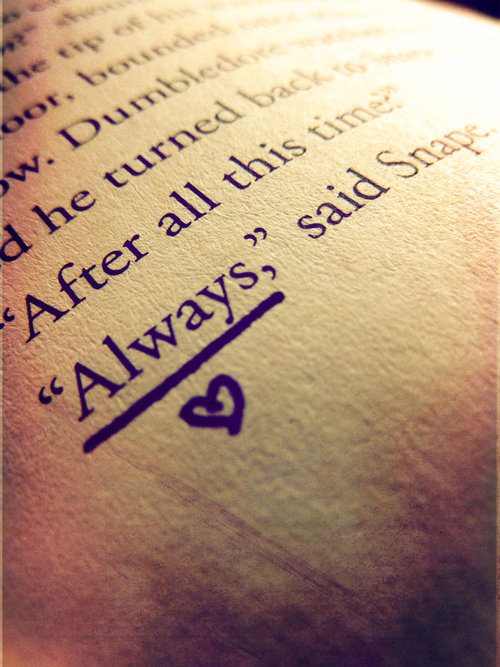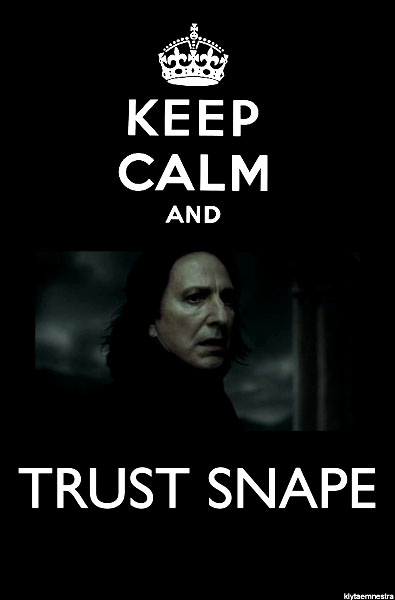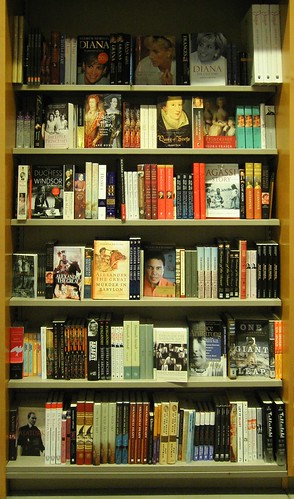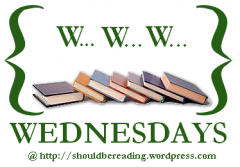 You know, as a former literature teacher—which feels really weird to say and might make me sad if I weren’t positive I’ll come back to it one day—it was frequently my job to select books that teens were required to read. Actually, it’s tough because I feel quite strongly that certain books are taught to students who are not ready to appreciate them, but I was sort of required to teach them nonetheless. Some books I would have liked to have taught, but I never did because administration or parents would have thought them too young or not challenging enough for high school students. But consider this list my own personal dream list. Important note: teens do NOT need to read these books as part of a school curriculum (although it’s a possibility).
You know, as a former literature teacher—which feels really weird to say and might make me sad if I weren’t positive I’ll come back to it one day—it was frequently my job to select books that teens were required to read. Actually, it’s tough because I feel quite strongly that certain books are taught to students who are not ready to appreciate them, but I was sort of required to teach them nonetheless. Some books I would have liked to have taught, but I never did because administration or parents would have thought them too young or not challenging enough for high school students. But consider this list my own personal dream list. Important note: teens do NOT need to read these books as part of a school curriculum (although it’s a possibility).
- [amazon_image id=”0061205699″ link=”true” target=”_blank” size=”medium” class=”alignright”]To Kill a Mockingbird (slipcased edition)[/amazon_image] [amazon_link id=”0061205699″ target=”_blank” ]To Kill a Mockingbird[/amazon_link], Harper Lee’s classic novel about prejudice in the South is a quintessential favorite on most teachers’ and students’ lists. It’s a gorgeous book that everyone should read, and adolescence is the perfect time for a first read.
- [amazon_link id=”0743477111″ target=”_blank” ]Romeo and Juliet[/amazon_link] is not necessarily Shakespeare’s best or most important play, but years of experience teaching it to high school students tells me two things about it: 1) teenagers love it because it’s an obsessive love story about people their age; 2) references to it are everywhere, and there is something to be said for being able to participate in a shared culture.
- While I think classics like [amazon_link id=”1463570864″ target=”_blank” ]The Scarlet Letter[/amazon_link] are better appreciated some time during adulthood, [amazon_link id=”B003VYBQPK” target=”_blank” ]The Adventures of Huckleberry Finn[/amazon_link] is appropriate for teens, with a young, appealing protagonist and important lessons regarding prejudice and America’s history with slavery. I think everyone should read it.
- [amazon_image id=”0385732554″ link=”true” target=”_blank” size=”medium” class=”alignright”]The Giver[/amazon_image] [amazon_link id=”0385732554″ target=”_blank” ]The Giver[/amazon_link] by Lois Lowry is a perfect introduction to the body of dystopian literature that includes [amazon_link id=”0345342968″ target=”_blank” ]Fahrenheit 451[/amazon_link], [amazon_link id=”B001IC52I4″ target=”_blank” ]The Handmaid’s Tale[/amazon_link], [amazon_link id=”0452284236″ target=”_blank” ]Nineteen Eighty-Four[/amazon_link], [amazon_link id=”0060850523″ target=”_blank” ]Brave New World[/amazon_link], and so many others. Furthermore, it has a teen protagonist that students can relate to. It’s an excellent read (skip its sequels, though).
- [amazon_link id=”0140268863″ target=”_blank” ]The Odyssey[/amazon_link] by Homer is such a wonderful story that 1) introduces the concept of epic poetry and all its literary devices, such as the Invocation to the Muse and the epic simile; 2) introduces students to Greek mythology; and 3) is just a ripping good adventure story. I didn’t actually read it in high school, but I should have. I have always loved teaching it.
- I may be biased here, but I truly think teenagers should have experienced the entire [amazon_link id=”0545162076″ target=”_blank” ]Harry Potter series[/amazon_link] before they reach adulthood. It’s a wonderful series with great lessons about love, bravery, friendship—the things that really matter in life—as well as a great introduction to mythology and the hero’s journey (a tale shared across culture and across time).
- [amazon_image id=”0142414735″ link=”true” target=”_blank” size=”medium” class=”alignright”]Speak: 10th Anniversary Edition[/amazon_image]Laurie Halse Anderson’s novel [amazon_link id=”0142414735″ target=”_blank” ]Speak[/amazon_link] is starting to make its way into required reading lists. It’s an important book about an important issue that affects many teens. Melinda is a realistic, believable protagonist. Anderson’s novel [amazon_link id=”014241557X” target=”_blank” ]Wintergirls[/amazon_link] is another important read.
- S. E. Hinton’s novel [amazon_link id=”014038572X” target=”_blank” ]The Outsiders[/amazon_link] might be a little dated now, but my students all read it in middle school and report really liking it. Plus, they develop a real affection for Robert Frost in the bargain, so it can’t be bad. I can’t remember when I read the book, but I think I was in high school, and I read it on my own.
- [amazon_image id=”0743273567″ link=”true” target=”_blank” size=”medium” class=”alignright”]The Great Gatsby[/amazon_image] I think [amazon_link id=”0743273567″ target=”_blank” ]The Great Gatsby[/amazon_link] by F. Scott Fitzgerald is perfect for older teens, but I almost didn’t put it on this list, much as I love it. It is an excellent book with brilliant prose. I am not sure it’s the kind of book that will appeal to all teens, but I do think it’s something everyone should read. Adolescence seems like a good time.
- One of my favorite anecdotes about William Golding’s [amazon_link id=”0571200532″ target=”_blank” ]Lord of the Flies[/amazon_link] comes from a former student of Golding’s, who says sometimes the professor would assign an essay, and as the students wrote, Golding would also write. Later, the student realized what Golding was working on as his students wrote their essays was Lord of the Flies. It struck Golding’s student that Golding imagined those students, quiet and compliant, writing their essays, might be capable of the kind of brutality shown by these English schoolboys marooned on an island. I think they probably were, too. So aren’t we all. Which is why this book is essential. Plus I love Simon.
What books do you think teens should read?














